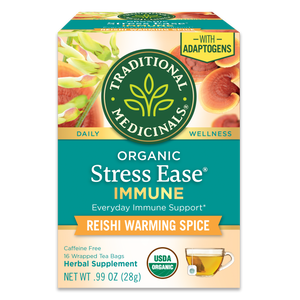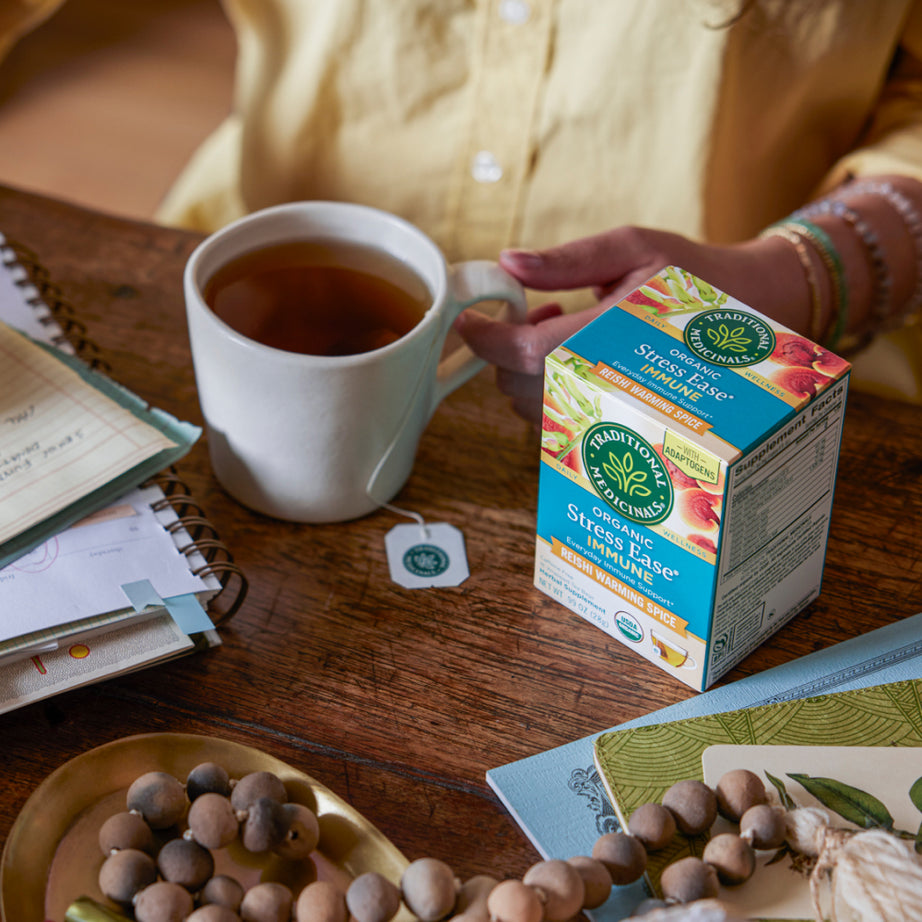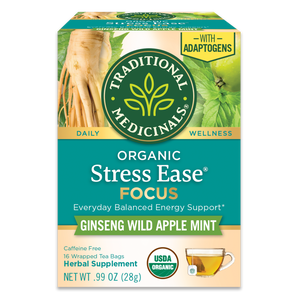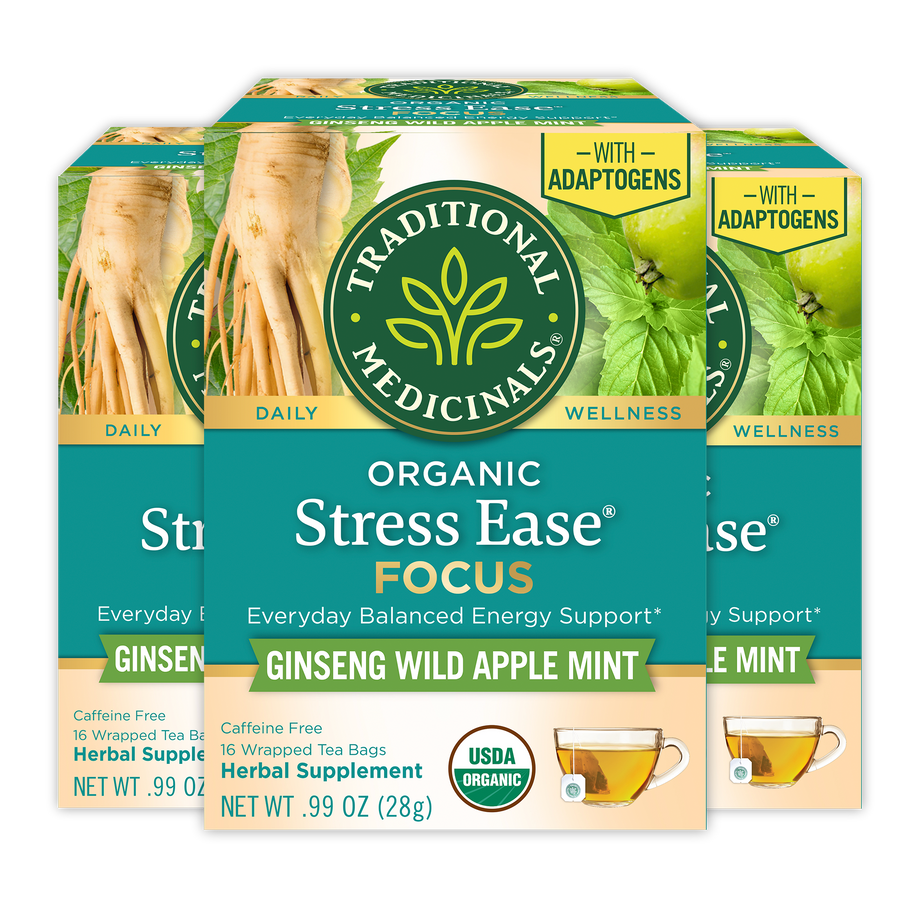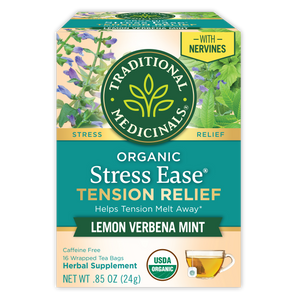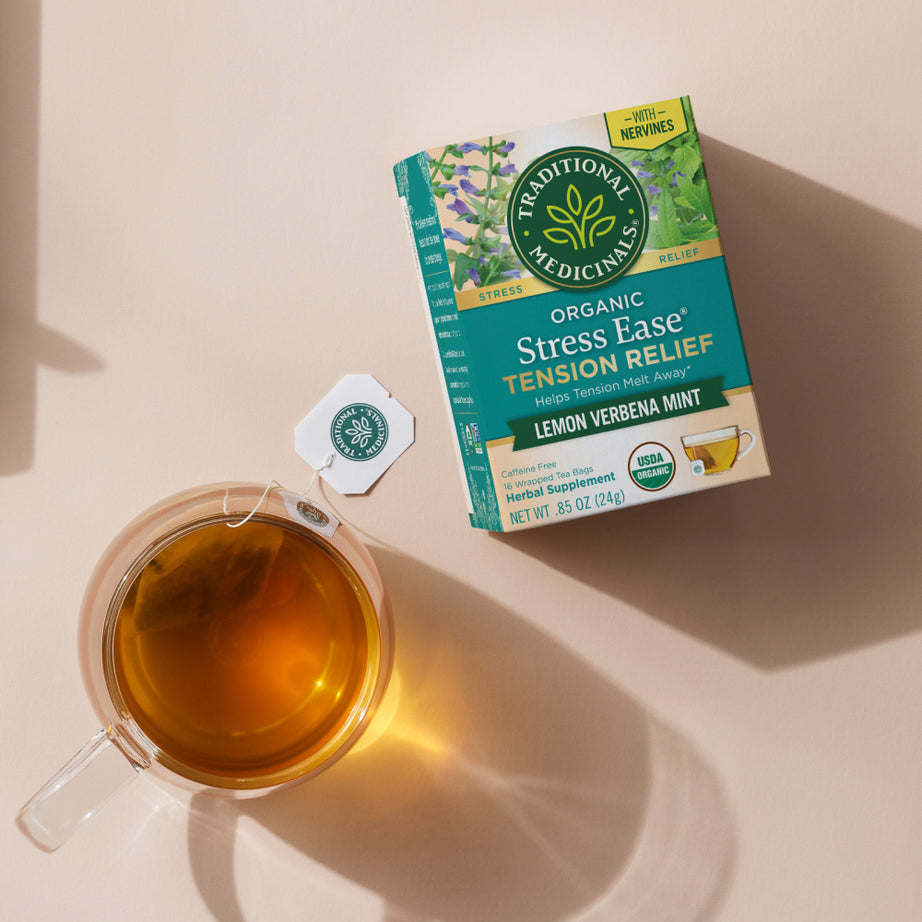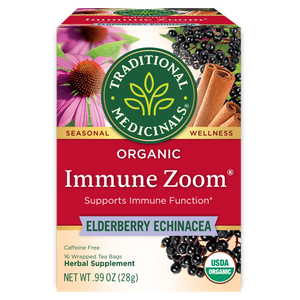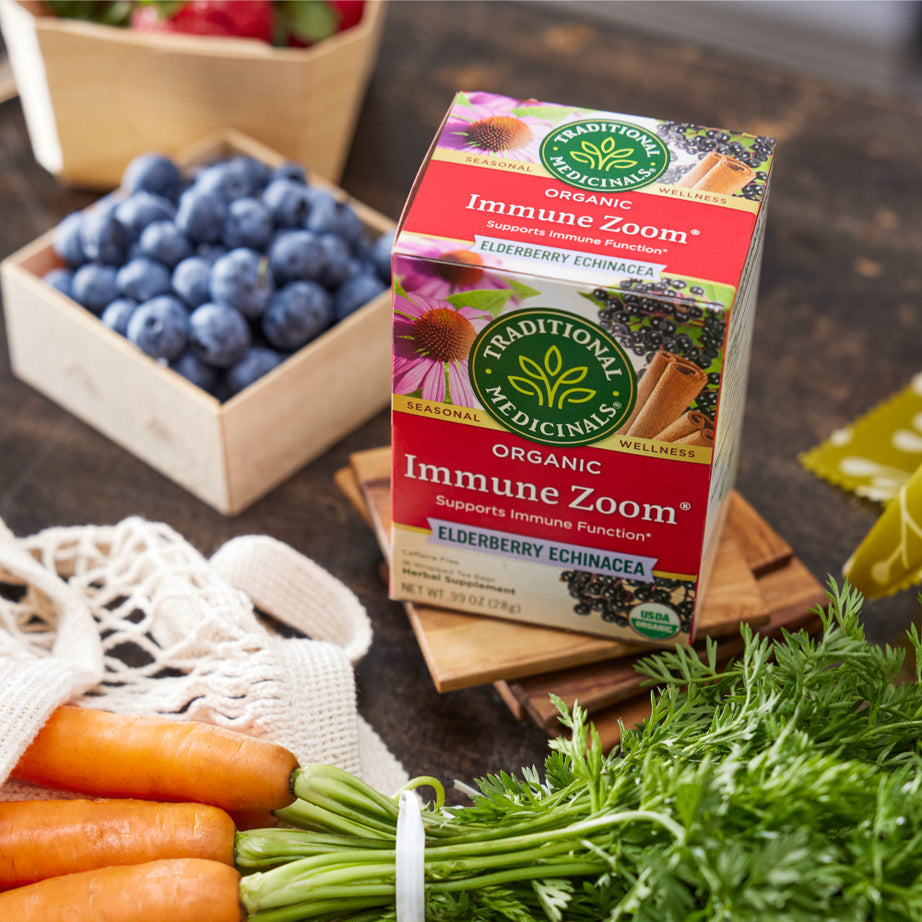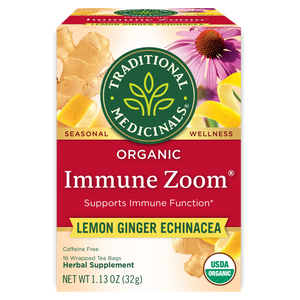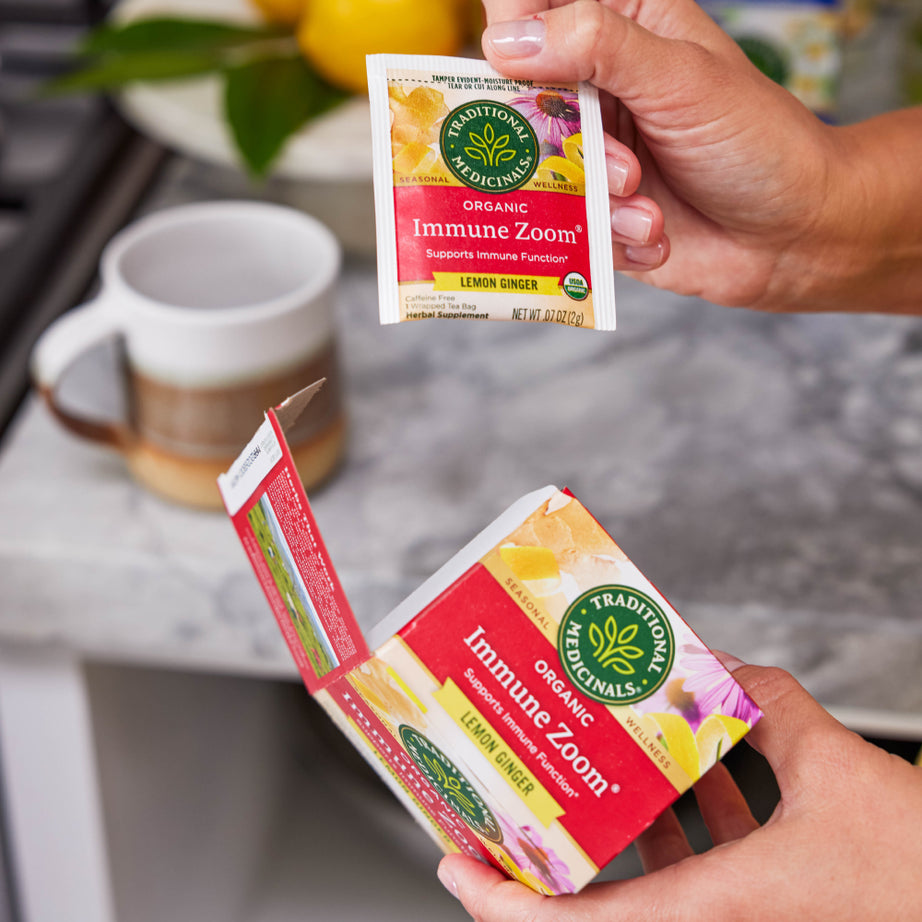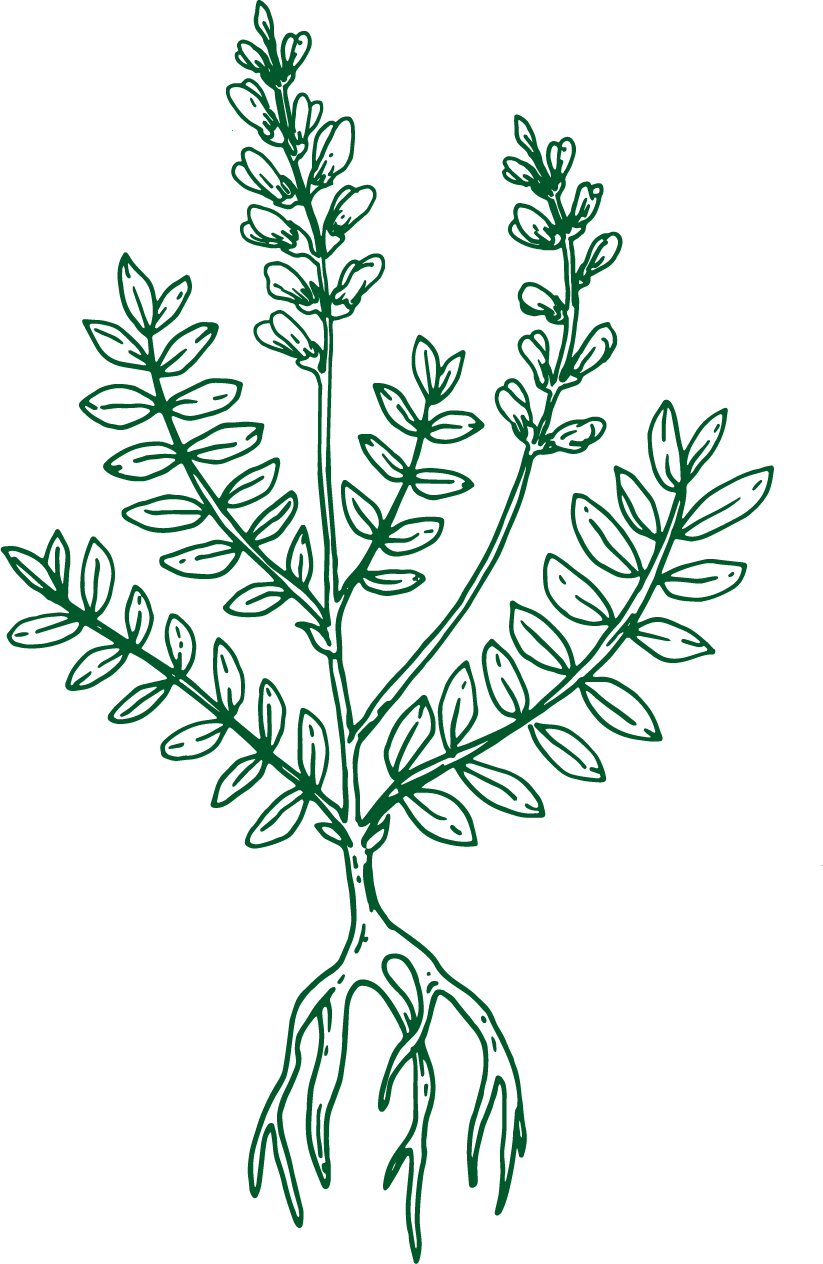
More Astragalus info
Astragalus has been used in Chinese medicine for over 2,000 years.
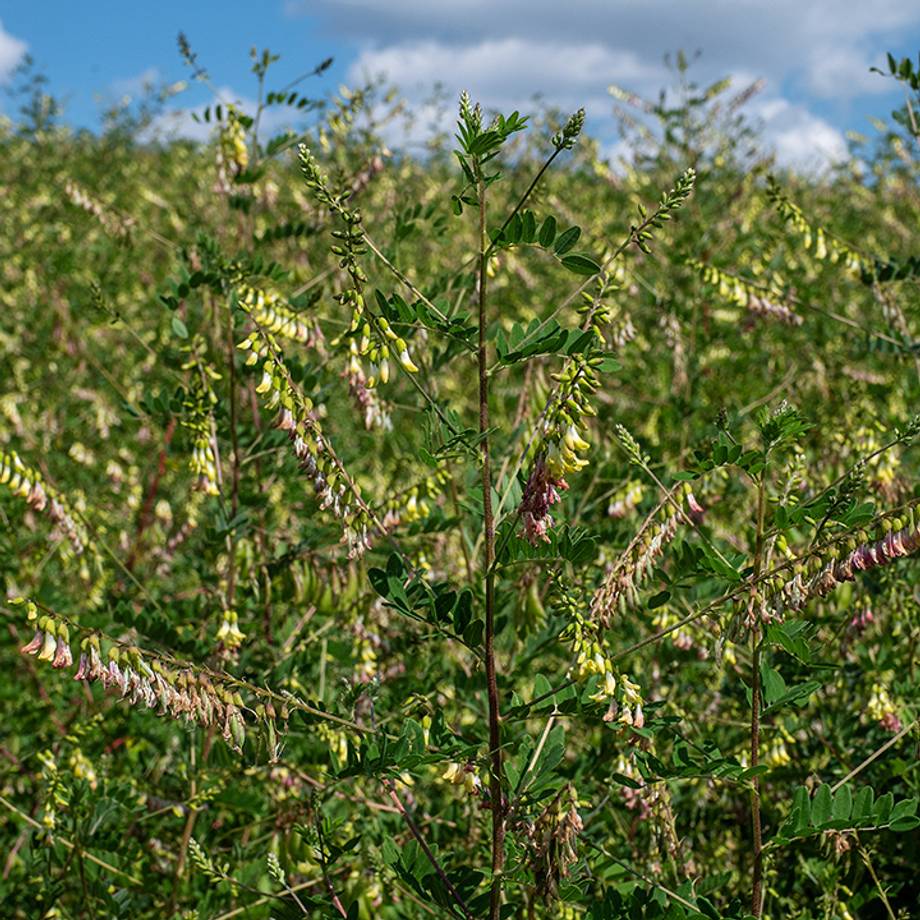
You can often find astragalus simmering uncovered on stoves to ward off bugs during the cold season. It’s a favorite among herbalists and acupuncturists alike, prescribed to fortify the immune system and support overall well-being. Evidence even suggests that astragalus may increase your body’s production of white blood cells, which are the immune cells that help your body prevent illness.*
Along with the herb’s incredible immune benefits, it’s been used traditionally to support liver, respiratory, digestive, and heart health. In present-day medicine, it’s been successful at quelling nausea, vomiting, and diarrhea. In Western herbalism, it’s seen as an adaptogen, an herb that can be used consistently over time to protect the body from everyday stressors and promote vitality.*
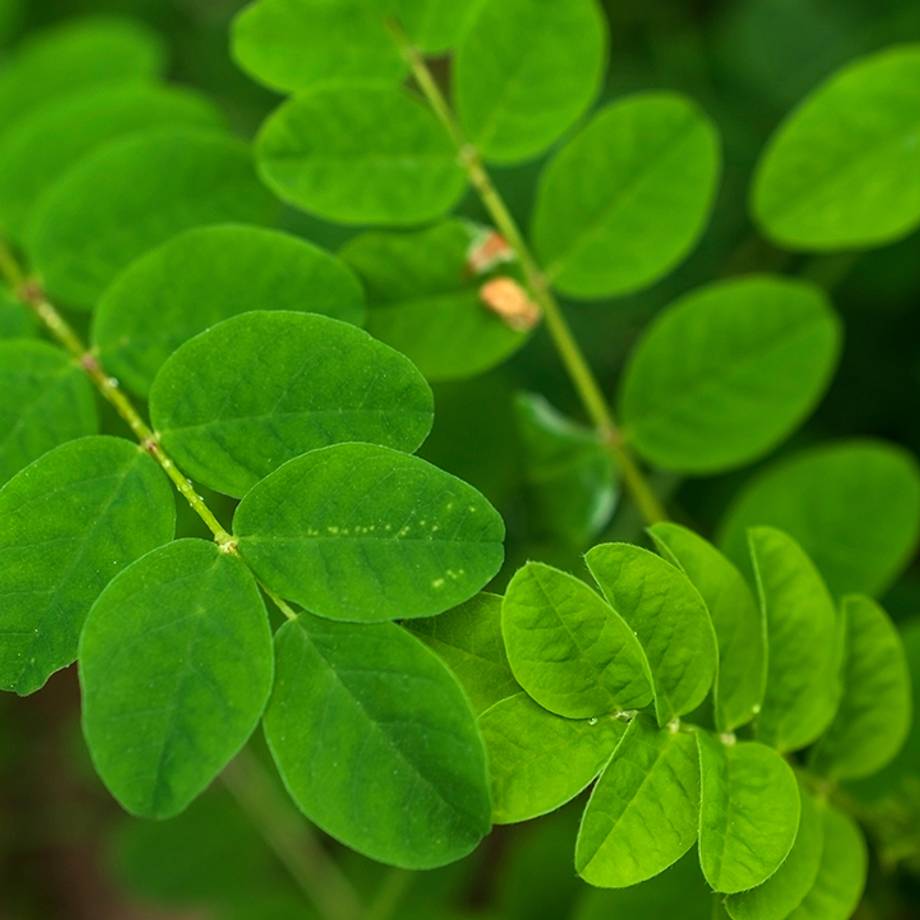
Astragalus, or Huang Qi, is one of the fifty fundamental herbs in Traditional Chinese Medicine. Revered as a top herb, this powerful plant was first mentioned in Shen Shennong Bencaojing (The Divine Husbandman's Classic of Materia Medica) over 2,000 years ago. The herb’s Chinese name (Huang Qi) means “yellow leader.” This is because its roots are yellow, and it is a leader amongst the tonic herbs.
In TCM, it’s used to strengthen wei qi, which is the protective layer that helps our bodies ward of illness from the external world. However, it’s important to note that it’s advised not to use astragalus when actively fighting off an infection. The roots are energetically sweet and warming by nature. Often, they are sold in thin slices or cooked into traditional soups, broths, and stir-fry dishes. It is also extracted into tinctures and what herbalists call a decoction—a tea made from hearty herbs through a slow simmer—to boost immune function.*
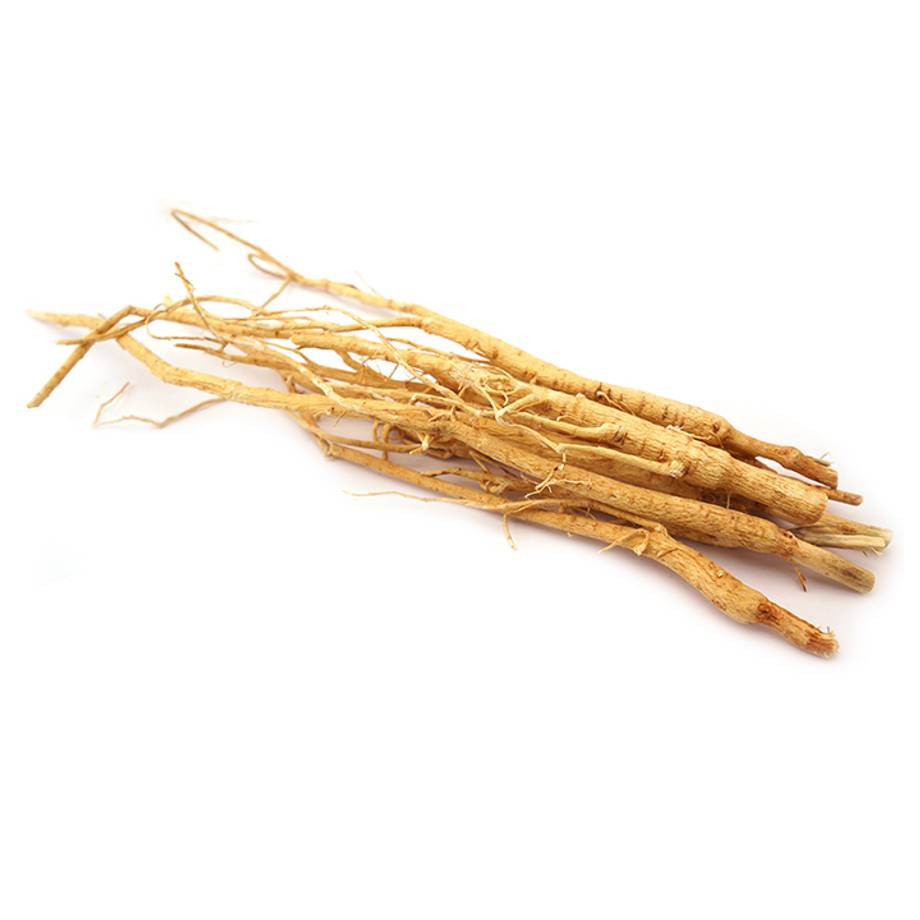
Astragalus membranaceus is a perennial plant native to northern and eastern parts of China, Mongolia, and Korea . It’s a member of the legume family, so you may notice its dense green leaflets and lovely pea-like yellow flowers. This adaptogenic plant thrives in sandy, well-drained soil and full sun, though it’s very resilient and can thrive in less-than-ideal conditions.
After about two to four years of growth, the roots can be harvested for use in medicine. When sold in the marketplace, the roots are generally sliced thin and sold in a tongue-depressor-like shape. There are over 2,000 astragalus species, so buying and growing the medicinal species is essential, as some are toxic.
Products that contain Astragalus
Stress Ease® Tension Relief Tea
NEW FORMULA! Organic Stress Ease® Tension Relief. Relieves...
Immune Zoom® Elderberry Echinacea Tea
Immune Zoom® Lemon Ginger Echinacea Tea
Additional Information
Legal Disclaimer
The information and other content in this article are designed to provide a general overview of the botany, cultural history, and traditional uses of this herb. It is not intended and should not be construed as health advice. Every person is unique and you should consult with your health care provider before using any herbal product or supplement.
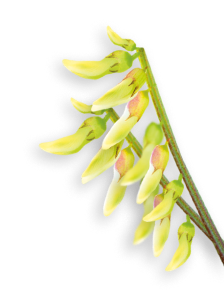
Become an Herb Nerd & Get 10% Off!
Herbal tidbits, DIY plant projects, exclusive discounts, and recipes to follow the seasons delivered straight to your inbox.

